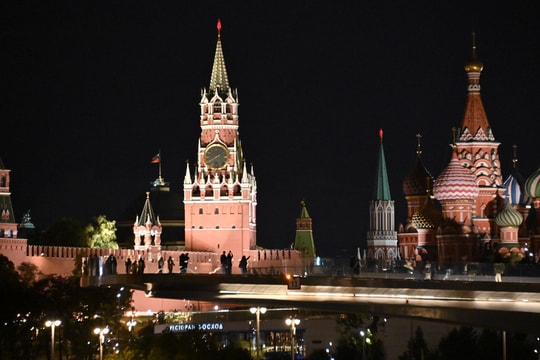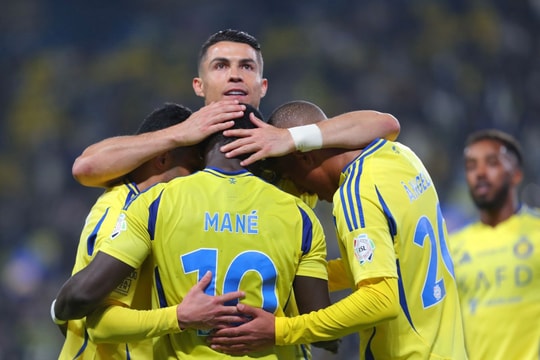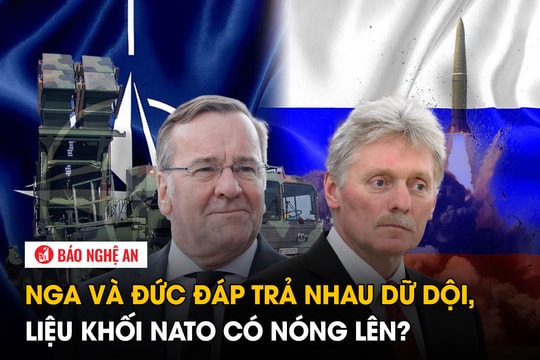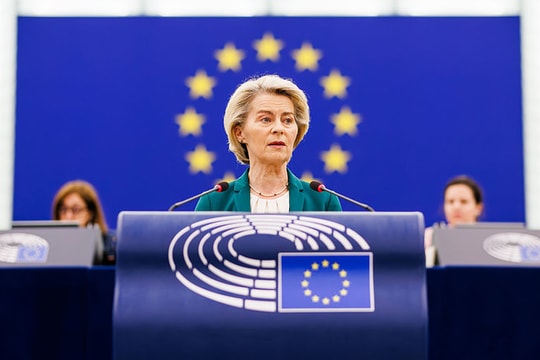The nuclear briefcase always follows President Putin
President Putin is one of three people who holds the device to order a response in the event of a preemptive nuclear attack on Russia.
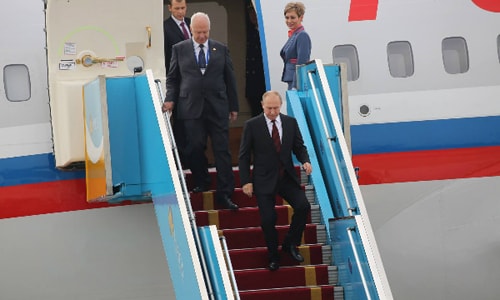 |
| President Putin gets off the plane at Da Nang airport. |
Russian President Vladimir Putin's plane landed at Da Nang airport today, taking the Russian leader to attend the APEC 2017 conference. In Mr. Putin's entourage, there is always a person carrying a nuclear briefcase following the President, to ensure Russia's nuclear retaliation capability at any time.
In the United States, the president is the only person with access to and use of the “nuclear football,” the briefcase containing the tools needed to launch a nuclear attack. Meanwhile, in Russia, there are three people who own briefcases that perform a similar role.
These three suitcases are called Cheget, an important component of the system of automating the supreme command and control of Russia's strategic nuclear forces, held by the President, the Minister of Defense and the Chief of the General Staff, according to Foreign Policy.
The Soviet Union created its nuclear command and control system at the height of the Cold War in the early 1980s. The three nuclear briefcases were put on standby when Mikhail Gorbachev became Soviet leader in 1985. They were later passed on to former President Boris Yeltsin and later to Russian President Putin.
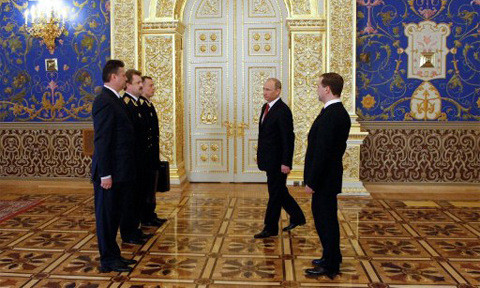 |
| President Putin receives the Cheget suitcase at the Kremlin in 2012. Photo: AFP. |
The Cheget suitcase weighs about 11 kg and is always carried by officers accompanying the Russian president. It provides early warning information about any nuclear attack around the world and has become a symbol of the power of the head of Russia.
In post-Soviet Russia's history, Cheget was only once under the control of the Russian prime minister, when Mr. Yeltsin underwent heart surgery in 1996. During President Putin's tenure from 2000 to 2008, there was no information about Cheget being given to the prime minister when he traveled abroad.
Essentially, the Cheget is a communications terminal that provides information to its users about a possible attack, allowing the three people holding it to consult with each other before making a decision. Inside each suitcase is a mobile device that connects to the command and control network of Russia's strategic nuclear forces.
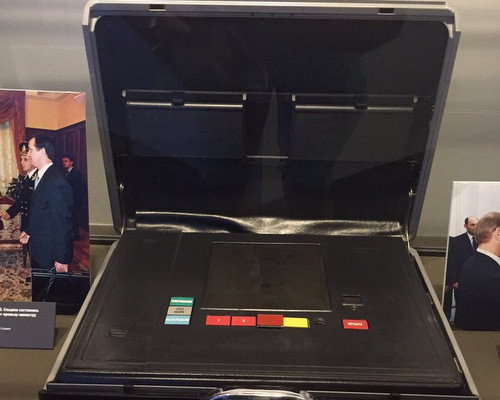 |
| Inside a scrapped Cheget suitcase. Photo: Wikipedia. |
The briefcases are connected to a subsystem called Kavkaz, which includes signal cables, radio transmission equipment and satellites. In the event of a nuclear attack on Russia, three nuclear briefcases equipped with electronic systems would immediately alert their keepers.
The Cheget suitcase itself does not contain a button to launch a nuclear strike; it only serves as a device to transmit missile launch orders to the military. If the Russian president decides to launch a retaliatory nuclear strike, Cheget will transmit the message to the Bakan receiver at the headquarters of the general staff, missile forces, navy and air force via the Kazbek communications network.
Upon receiving the signal, the duty officer of the strategic nuclear force will use a private code to confirm that the decision was made by the President and at the same time establish a hotline to contact the President, the Minister of Defense and the Chief of the General Staff. After confirmation, the order to fire nuclear weapons will be executed.
Even in the worst-case scenario where Cheget's operators are unable to issue orders, Russia maintains nuclear retaliation capabilities thanks to the Perimeter combat system, which operates in parallel with Cheget.
The Perimeter system is activated when the entire Russian leadership is neutralized in a preemptive strike. At that time, the decision to retaliate will be made by a group of officers who survived in the underground bunker. Perimeter is considered Russia's last deterrent, ensuring that no opponent dares to use nuclear weapons to attack the country first.
According to VNE
| RELATED NEWS |
|---|

